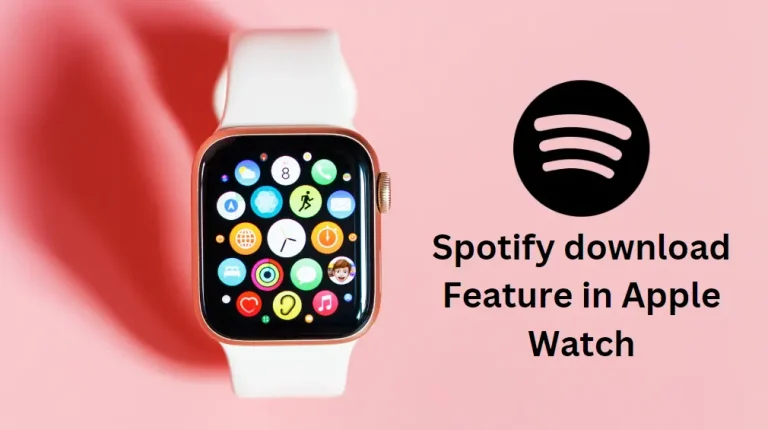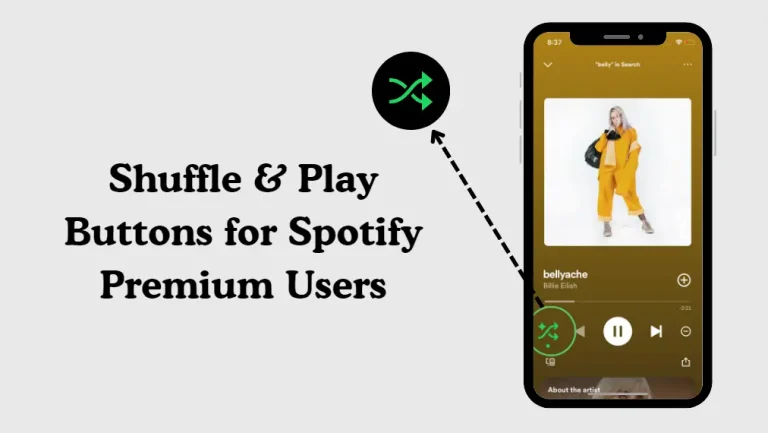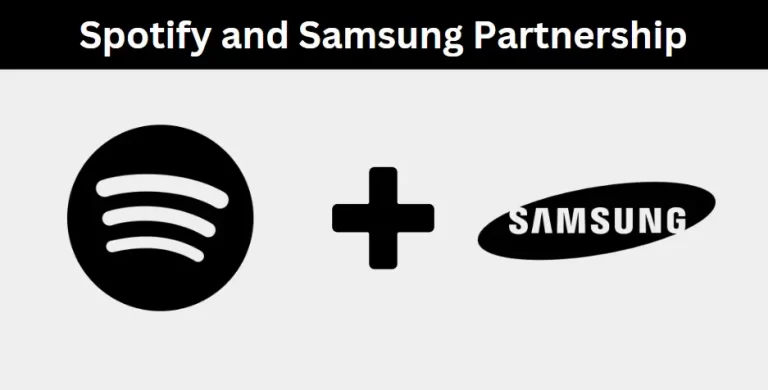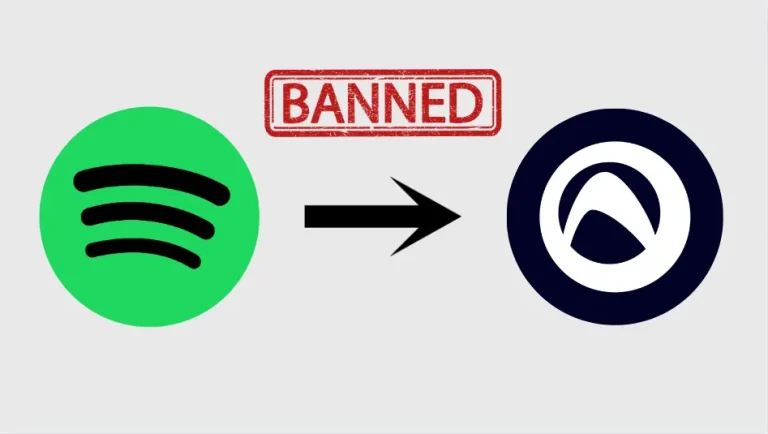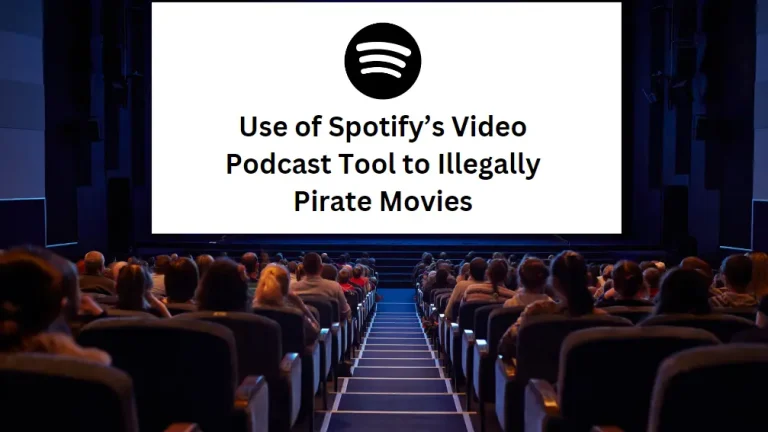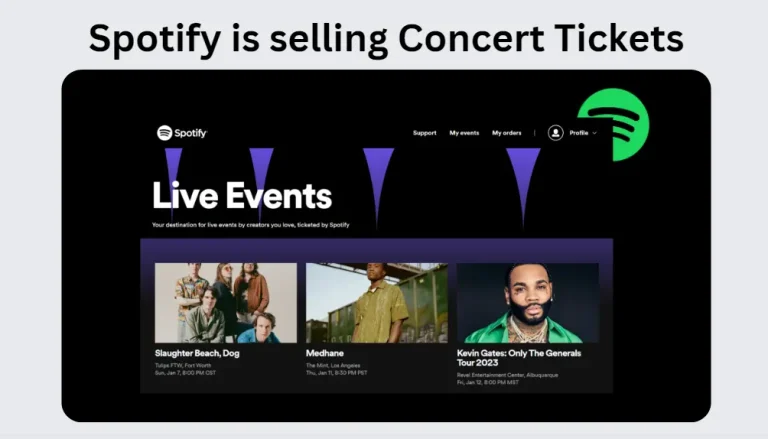Spotify is Eating the Entire Music Industry [Dark Reality]
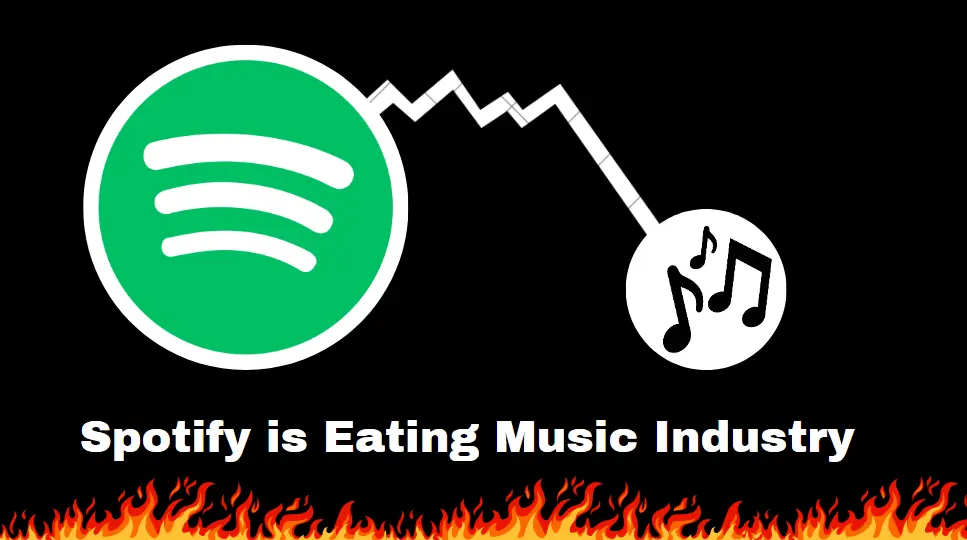
Bandcamp, an indie music platform, recently laid off around half of its staff after being acquired by music-licensing service Songtradr. Despite Songtradr’s commitment to maintaining all existing Bandcamp services, artists view this moment as a turning point. John Darnielle of the Mountain Goats expressed frustration, stating, “God, this is frustrating. Bandcamp was an unalloyed good in the music business.” Similarly, Kimya Dawson of the Moldy Peaches considered Bandcamp as the only safe and supportive space for artists. For some musicians, Bandcamp served as a refuge from the harsh economics and promotional machinery associated with streaming platforms. In the last year alone, musicians generated $193 million in sales of downloads and physical media through Bandcamp. As Ethan Iverson, a jazz musician and critic, summed it up, “The path ahead becomes narrower.”
Spotify has recently introduced the “Merch Hub” feature which assists musicians in generating income. Through this feature, users are recommended products based on their streaming history. Additionally, artists are provided with new profile pages where they can sell live tickets and promote merchandise. Furthermore, musicians have the option to direct supportive fans to platforms like CashApp or crowdfunding sites such as GoFundMe. This initiative aligns with Spotify’s mission to enable artists to sustain a living through their art. In essence, this serves as an exclusive opportunity for artists to engage and benefit from the platform’s unique offerings.
According to the Recording Industry Association of America, streaming services dominated the music industry in 2022, claiming 84% of recorded music revenues. Physical media accounted for 11%, while digital downloads constituted only 3% and are declining in popularity. For many listeners, the benefits of streaming are evident: it offers a cheaper alternative to purchasing music, is more convenient, and aligns with ethical considerations compared to piracy. Additionally, streaming has become ingrained in our culture, with Spotify being the predominant choice for sharing songs, albums, and playlists with friends or an audience.
Spotify, often referred to as the “Netflix of music,” has achieved significant success despite facing financial challenges. With nearly a half-billion users worldwide, including around 200 million paid subscribers, the company recorded a loss of 430 million euros in 2022. This scenario, where dominant tech firms operate at a loss to solidify long-term sector dominance, occasionally leads to a winner-takes-all outcome. Consequently, Spotify’s position as the music industry’s biggest success story of the 21st century might appear unstable. The company has implemented measures such as layoffs and a price increase, while also scaling back its investments in podcasting. Notably, royalties constitute the largest portion of Spotify’s operating costs, but for all but the top-earning artists, the resulting payouts have been disappointingly low.
Spotify has responded to criticism from artists by alternating between pleading poverty and adopting a tough stance on The Way Things Are.
In 2020, CEO Daniel Ek stepped up to defend Spotify’s payouts, saying that “obviously, some artists that used to do well in the past may not do well in this future landscape, where you can’t record music once every three to four years and think that’s going to be enough.”
Spotify emphasizes that in many cases, artists receive only a fraction of the payouts due to external arrangements beyond Spotify’s control. The company pays out to record companies and publishers without knowledge of artists’ individual deals. Notably, Spotify has a free, ad-supported tier that constitutes over half of its listeners and is criticized for diluting payouts significantly. This arrangement is favored by major music groups, some of whom are part-owners of Spotify, while some artists express dissatisfaction. Spotify did not cut out these groups during the industry contraction but instead bailed them out and became their most valuable partner.
Working artists rely on touring and merch sales instead of royalties. Streaming, which is the primary way people consume their work, serves as a promotional tool for ticket and merchandise sales. Spotify wields significant influence in this scenario, controlling the visibility of artists through curated playlists and recommendation tools. To users, Spotify appears as a streaming service, but to artists, it feels like a crucial social network where they must understand the desires of both listeners and the platform itself. Spotify’s centrality in the music business has even impacted the sound of popular music.
Bandcamp, founded in 2007, emerged as a distinct platform shortly after Spotify. It positioned itself as a haven for artists to directly engage with their fans, devoid of algorithmic intervention, rather than as a direct competitor to Spotify. On Bandcamp, fans can keep tabs on their favorite artists, stay updated on tours, purchase merchandise, engage in conversations, and discover new music, even without paying for downloads. Unlike Spotify’s personalized and automated recommendations, Bandcamp boasted an analog counterpart with its editorial team, whose coverage and recommendations were seen as a throwback. While Bandcamp did not completely solve the challenges of streaming, it offered a partial solution that held greater value for artists beyond mere financial payouts.
Read more: Spotify Shutters live audio app
Spotify aims to strengthen its position as the music industry’s default platform by venturing into Bandcamp’s territory and dominating artists’ non-streaming revenue sources. This move is expected to increase sales beyond music for artists. Spotify takes a familiar approach adopted by late-stage internet platforms, assuming complete control and victory over the enclosed industry. As a result of its success as a streaming service, Spotify has earned a central role in music creation and distribution. This raises the question: why shouldn’t Spotify, with its success in music promotion, become the primary platform for touring, merchandising, and overall fandom? Ultimately, Spotify believes that the solution to its challenges lies in more Spotify.

I am Abdullah Sajid, the ultimate Spotify enthusiast and visionary behind Spotify Authority. With an unwavering commitment to sharing knowledge, I have been empowering fellow Spotify users since 2010 with reliable solutions, How-to’s, the latest news, and exclusive insider tips and tricks.

